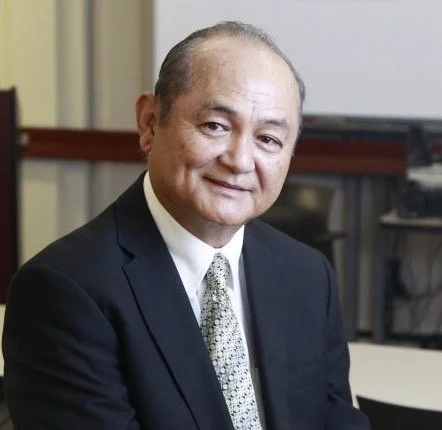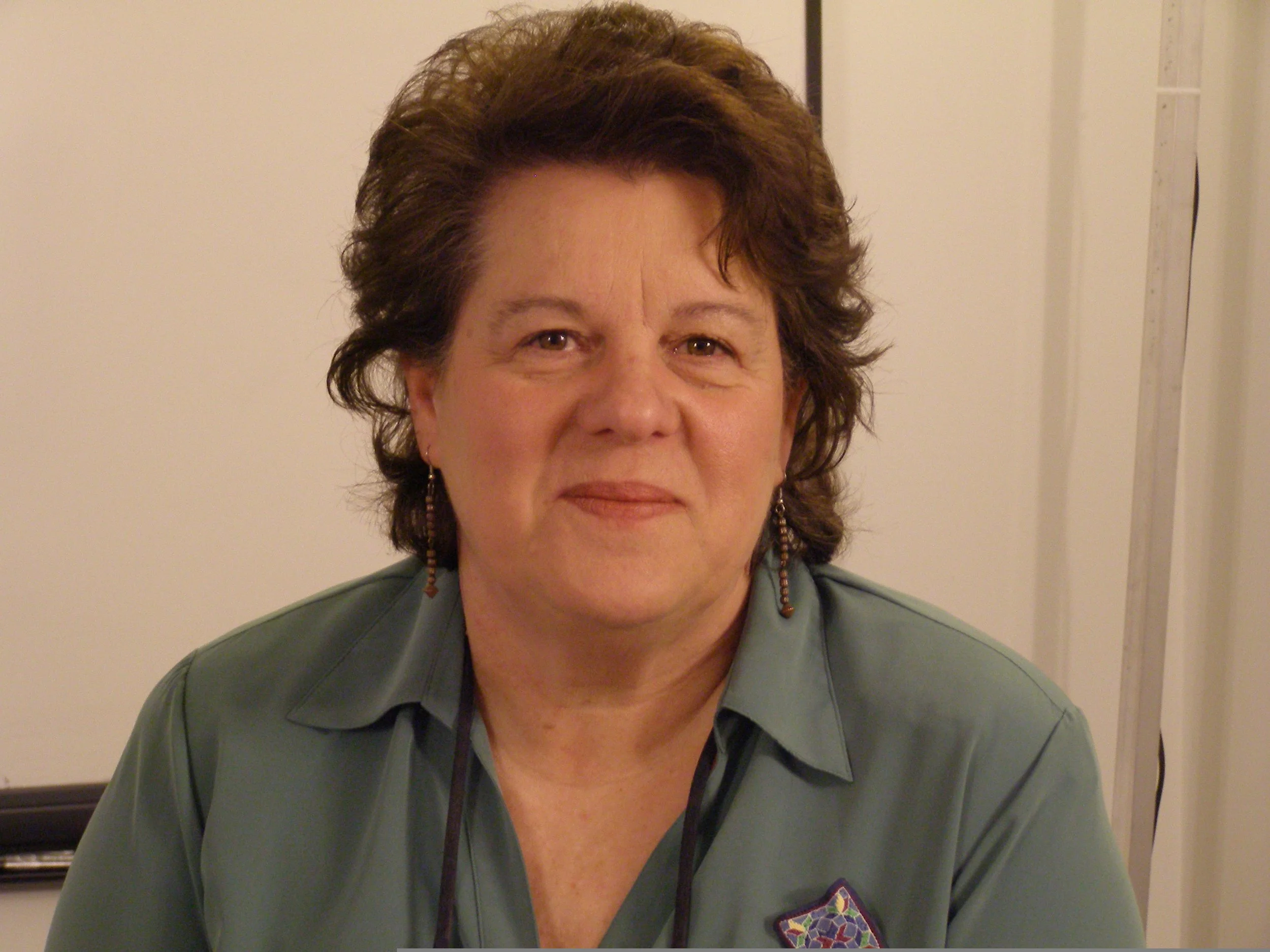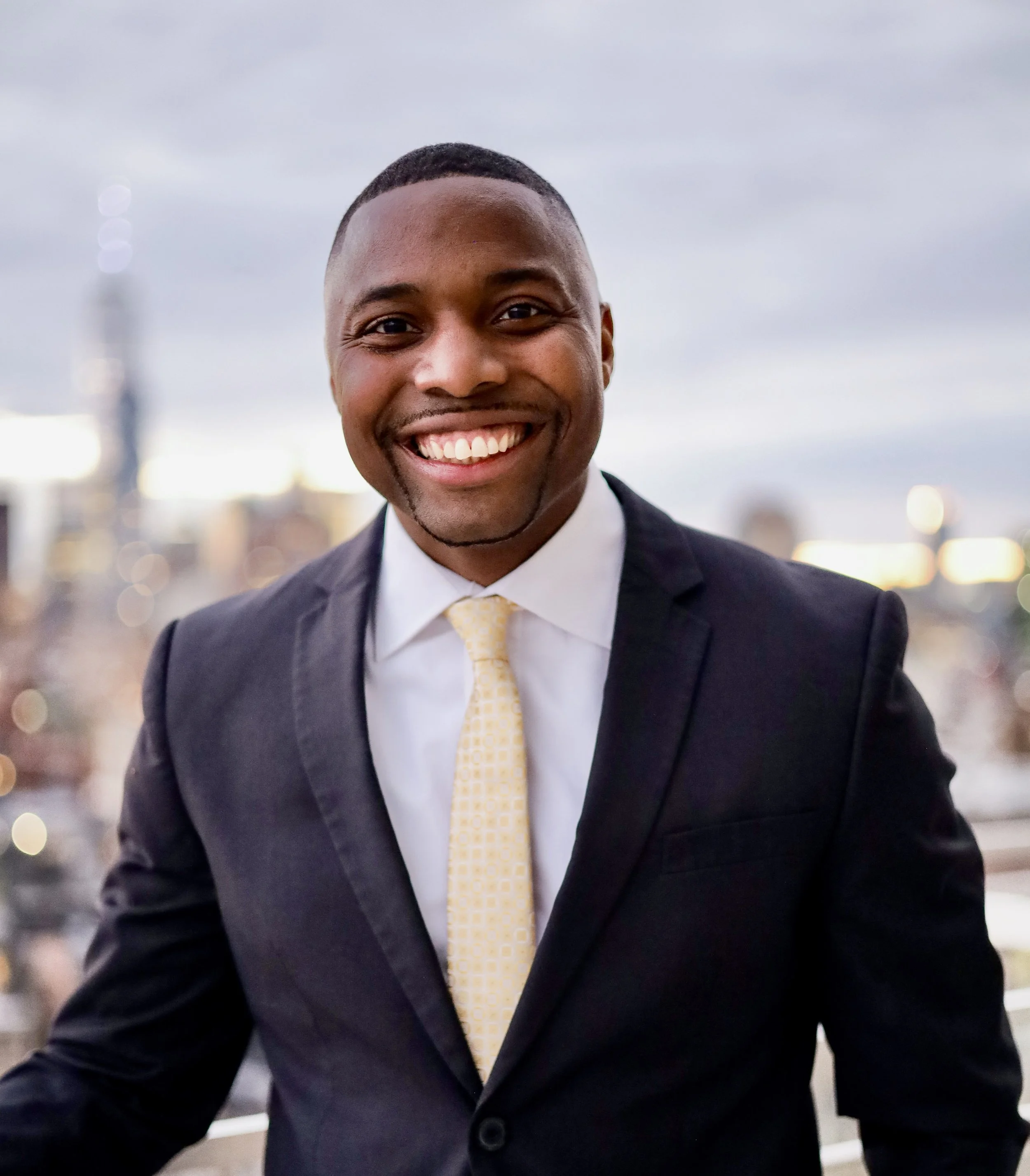If our students need to be in a psychologically safe place before they can succeed academically, today’s guests — Drs Yvette Jackson and Michele Rivers Murphy — will argue that the same logic of “first this and then that” also applies to the faculty: reducing student trauma begins with improving the well-being of teachers.
Read MoreOur study of trauma in schools has naturally focused on students. For example, the discrimination and racism that many live with in their neighborhoods aren’t experiences they can easily leave at home. That those experiences negatively impact a student’s academic success is undeniable. But our educators of color at home and around the world are hardly immune to that type of adversity. Discriminatory hiring practices engender one type of adversity for educators. But many educators are now experiencing increased adversity as legislatures and local school committees hand down restrictions on what and how they can teach. Kevin Simpson, head of a global educational consulting company explains.
Read MoreChristine LeGuizamo is a licensed social worker serving as the Program Director of Mental Health at New Harmony High School in New Orleans, Louisiana. New Harmony is a growing charter school with a mission to “Foster an interconnectedness of people, land, air, and water that prepares students for college, careers, and beyond.” And part of that interconnectedness, as Christine explains, is “the intertwining of academics and social-emotional part of each student. We very much serve the whole child and understand the importance of serving the whole child. When it comes to academic learning, it is so important to understand that to get a student to conceptualize algebra, you need to also understand what happened at home last night that could impede their learning for the next day.”
Let’s join the conversation and get the details on how Christine and New Harmony High are accomplishing that.
Read MoreWe’ve talked about the concept of the "trauma-informed school” several times during this series. But how can educators go about establishing the right caring environment to maximize student learning? As our guest, Godwin Higa, a consultant for trauma-informed and restorative justice practices, and a former teacher and principal of the year in the SDUSD explains, it starts with the educator's heart.
Read MoreOne of the stakeholders in the larger community that is seeking to alleviate student trauma plays a huge role — perhaps the biggest role: parents. In this episode, we'll hear from Ruth Freeman, a licensed social worker, and the CEO and Founder of Peace at Home Parenting Solutions. Peace at Home’s mission is to help parents raise confident, resilient children from prenatal development through young adulthood. It does that by translating research into practical approaches and tools that parents can use at home. What becomes clear in our discussion is that for parents to be effective in that effort, they must first be in a safe, centered mental place themselves. And that can be a challenge.
Read MoreThe essential theme underlying this series is highlighted right in the podcast’s subtitle: alleviating student trauma is best accomplished through a whole community approach. That means, to effectively identify and lessen the impact of student trauma requires mental health practitioners, faculty members, parents, and community members to work together. Brooke O’Drobinak, an administrator, teacher, and instructional coach, and Beth Kelley, a trauma informed consultant and conscious leadership coach offer a number of powerful ideas on how educators — without extensive training — can contribute to reducing the effects of trauma. That awareness and effort can in turn give educators greater confidence that they can have the desired impact.
Read MoreGiven the ongoing pandemic, we hear a lot today about quote/unquote “lost learning.” Some educators will try to lessen the impact and anxiety of that phrase by restating it as quote/unquote “delayed learning.” Either way, COVID 19 has impacted learning. But that focus masks a larger tragedy. If our series on trauma in the schools is teaching us anything, it’s that learning is lost for millions of traumatized kids every day, COVID or no COVID. And these are kids that many educators have never been trained to engage. John King and Karen Oehme are part of a small but growing contingent of university educators who are training the next generation of teachers about trauma-informed school practices before they enter the classroom.
Read MoreOne of the themes we emphasize in this series is that effectively addressing trauma is a whole community effort. Given their limited numbers, that responsibility can’t just fall to school counselors, psychologists, and social workers. As many of our guests argue, teachers can and do naturally play a crucial role given the amount of time they have with students. For some teachers, implementing trauma-informed practices may require them to make a paradigm shift in how they think about their role. For other teachers, addressing a student’s trauma at the classroom level may just mean giving them the tools they need to be supportive. Clinical social worker, Amber Warner, explains.
Read MoreAlong with their home and natural environments, a child’s community is now recognized as a potential contributor to adverse childhood experiences. The results can be devastating for development. Substandard schools, intolerance, discrimination, and racism can lead to chronic health issues, minimum employment, and long-term poverty. Authors and educators Victoria Romero and Justin Hendrickson take us through an explanation.
Read MoreIt is critical to understand that school personnel at all levels need support, training, and guidance to be the strong and trustworthy core adults that all students, but especially traumatized one, need. In this episode, Jennifer Spiegler with Kognito, a developer of virtual role-play simulations for education and clinical training, will share details on how and why virtual simulations work to provide educators with critical trauma training. She is joined in this discussion by Janet Pozmantier, a behavior health consultant. Janet and Jennifer worked together with Kognito simulations in 2017 to address the trauma that teachers and students experienced after Hurricane Harvey devastated Houston, TX.
Read MoreMost educators don’t need fancy letters after their name to work effectively with traumatized youth. They just need to look at them and approach them differently. And knowing now that a child’s trauma stands in the way of their learning, how educators approach such students couldn’t be more critical. Dan Press, the Pro Bono General Counsel and Jesse Kohler, the Executive Director for the “Campaign for Trauma-Informed Policy & Practice,” discuss.
Read MoreIn this episode, we consider how visioning can enlighten education, and in particular how mindfulness and student engagement can enhance our educational experiences today and also our planning for the future. Guests Kahlil Kuykendall, a mindfulness instructor, and Dr. Christine Mason, Executive Director for the Center for Educational Improvement, explain.
Read MoreGiven the experience of the last two years, educators are increasingly aware that they have to address students' emotional needs as a prerequisite to focusing on academics. Some do that through social and emotional learning, restorative justice and mindfulness programs, and others are integrating a dedicated program called the Positivity Project. Educators Heather Meredith, Sandy Rutledge, and Nichole Flynn of the St. Clair Middle School in St. Clair, Michigan orient us.
Read MoreTeachers have the opportunity to impact students in ways that can change the trajectory of their life. To do this, teachers have to be prepared to embrace students emotionally by knowing how to regulate their own emotional stability. Showing respect, and having willingness to care for them has profound impacts on students. Diane Wagenhals, a Program Director for Lakeside Education Network that manages therapeutic schools and services for students who have experienced trauma and been unable to successfully adapt to the traditional school environment, explains.
Read MoreThe community that students are surrounded by influences their overall well-being, academic success, and social development; meaning the people in this community must have experience interacting with students in various situations. As part of that community, teachers need training to be the strong and trustworthy core adults to support students holistically. Jeff Donald, the Mindfulness Coordinator for Montgomery County Public Schools, offers his insights and argues that the days of just focusing on academics should be long gone.
Read MoreWe prepare students to leave high school into a broken system. This situation can only change by answering two questions:
> When students graduate, what do we want them to be able to do with their knowledge and skills as they confront uncertainty in our complex and rapidly evolving world.
> How do we help students develop a sense of purpose and meaning, so that they feel they can have a positive impact in life?
Guest Mathew Portell explains what it means to have a trauma-informed school.
Read MoreA number of the people we have interviewed in this series have used the word “stigma” to refer to much of our society’s reluctance to openly discuss the origins and consequences of trauma, and mental health issues in general. Unfortunately, what remains hidden remains untreated, and the impact on youth can be severe. One person who is motivated to change that reluctance because of her own experience with trauma and grief is Peyton Barsel.
Read MoreAll educators — all school staff — need to see themselves as part of a formal or informal mental health network whose members routinely collaborate to support sound student mental health. But they need to be supported by mental health practitioners and parents to provide the widest possible safety net for students. Martha Staeheli, Ph.D., explains.
Read MoreOpen any print or online educational news source and you’re likely to find a story on social and emotional learning. What is S.E.L. and why do some leaders champion it and its integration with academics while others see it and really any focus on mental health as a veiled plot to indoctrinate students in “socialist” ideology. David Adams, the CEO of The Urban Assembly and a board member of CASEL, the Collaborative for Academic and Social and Emotional Learning, explains the actual reasons why educators should contribute where they can to the mental health for all students.
Read MoreOne of the goals of our series is to raise awareness and the level of discourse around student trauma and mental health in general. Turning up the volume here is needed because – one – most educators are still largely uninformed about aspects of mental health and – two – and that causes us not to talk about depression, suicide, abuse and trauma in general. And if we’re not bringing these subjects out into the open, kids keep all those emotions bottled up inside of them. Dr. Glenn Albright and Kim Weiland from Kognito, a firm that develops avatar-based simulations to help develop trauma-informed educators, share their insights.
Read More





















